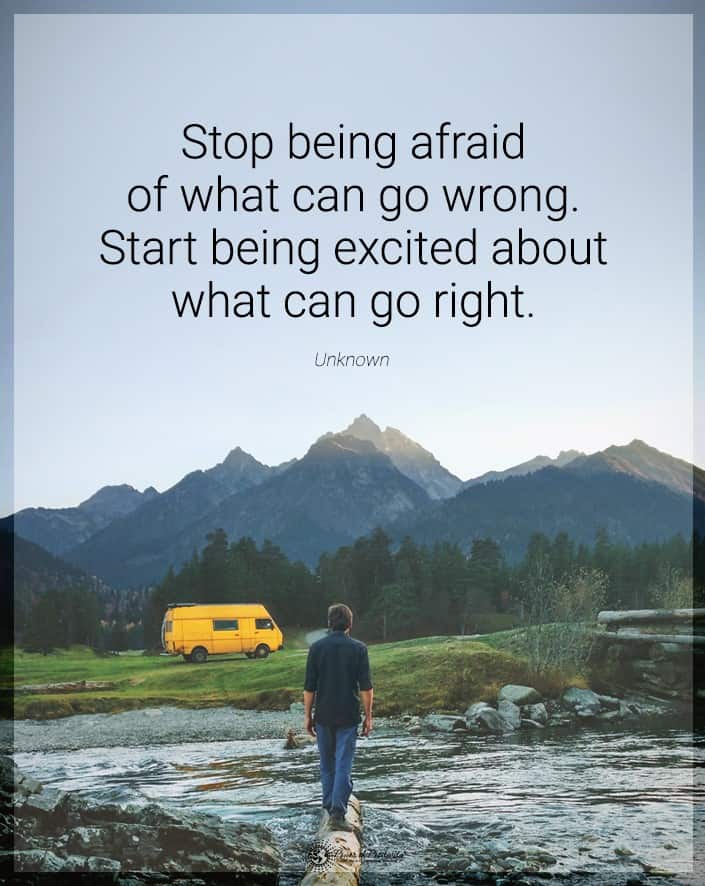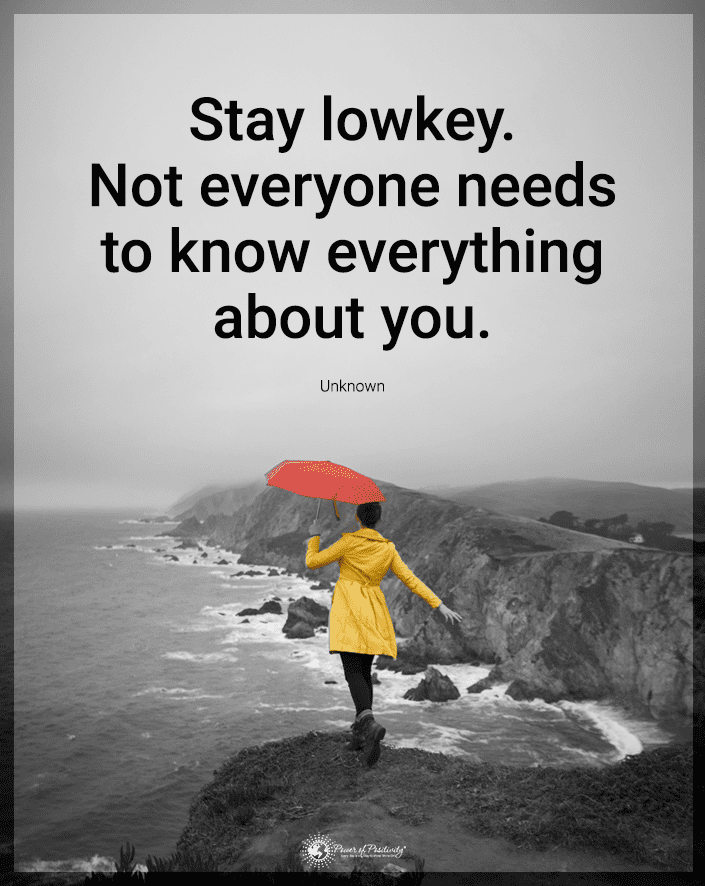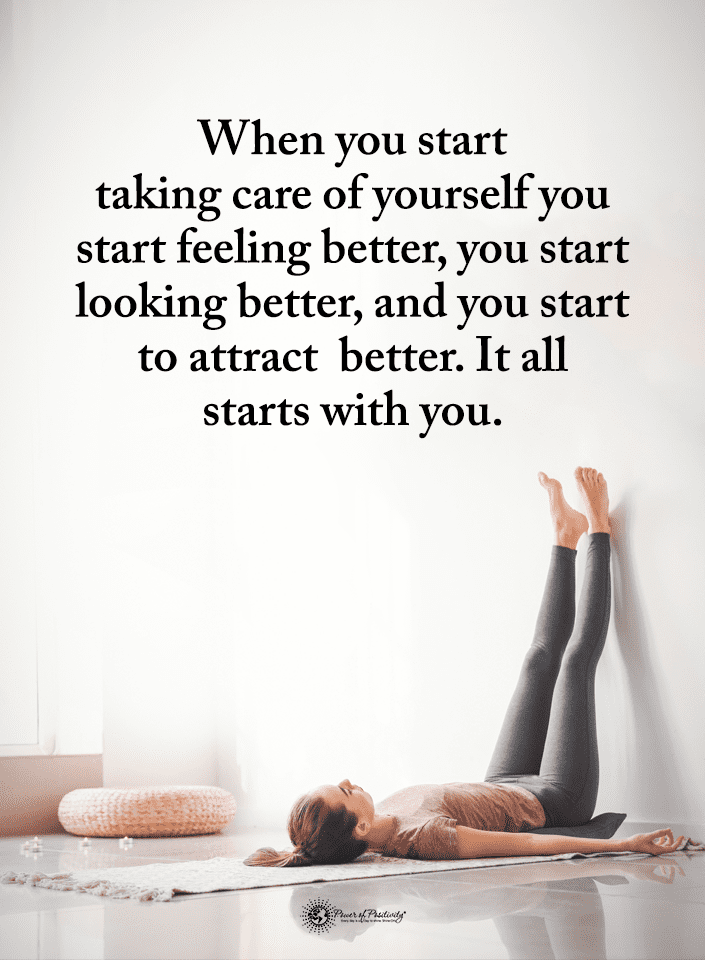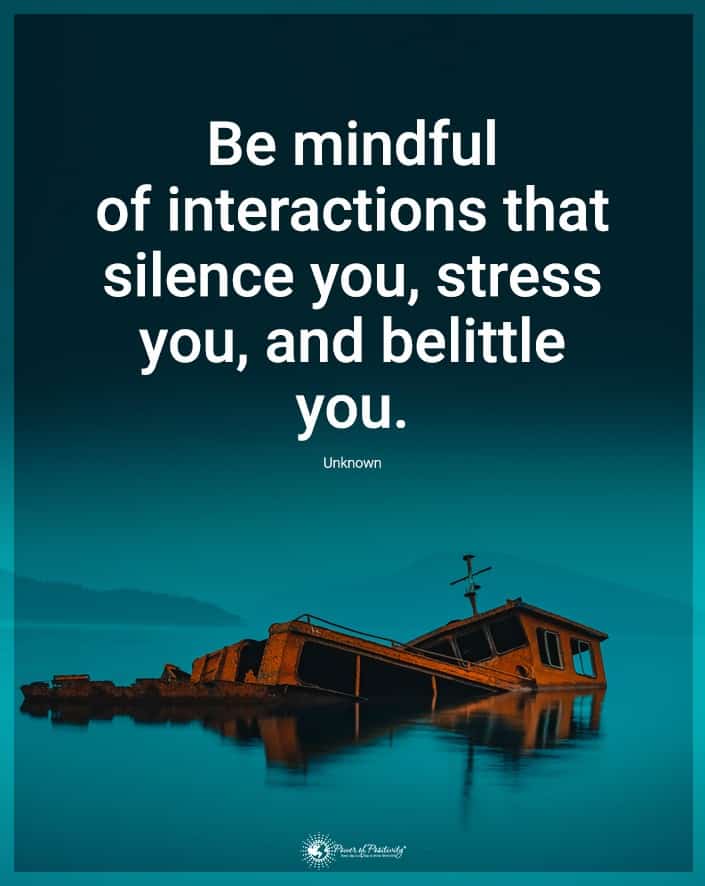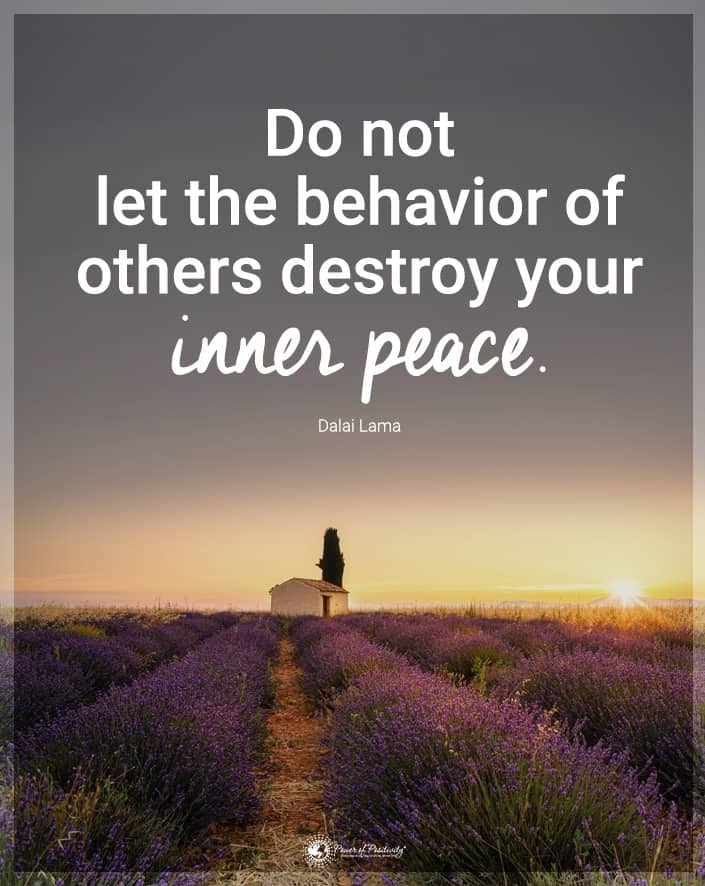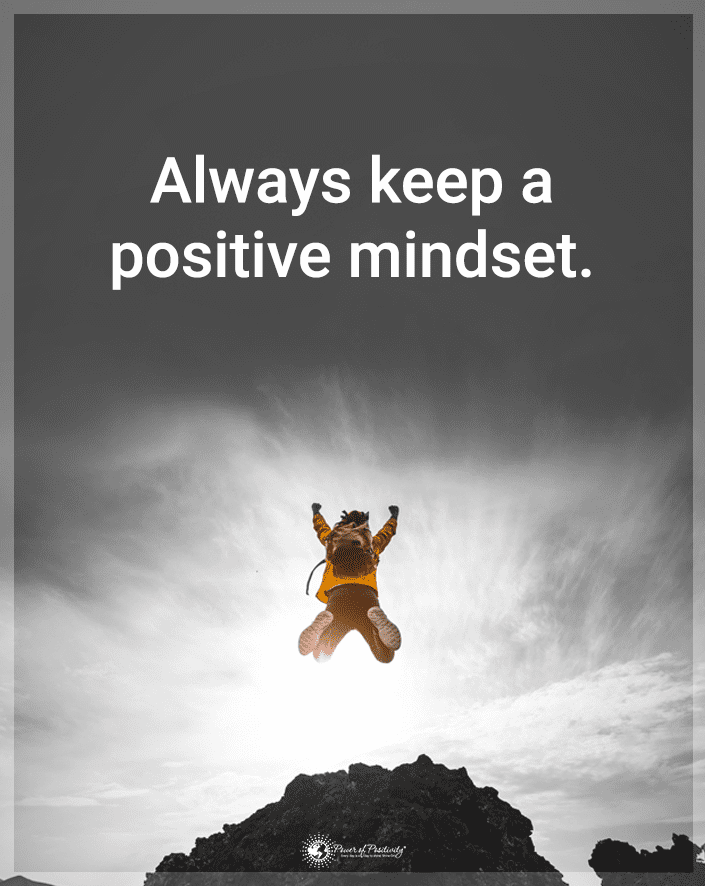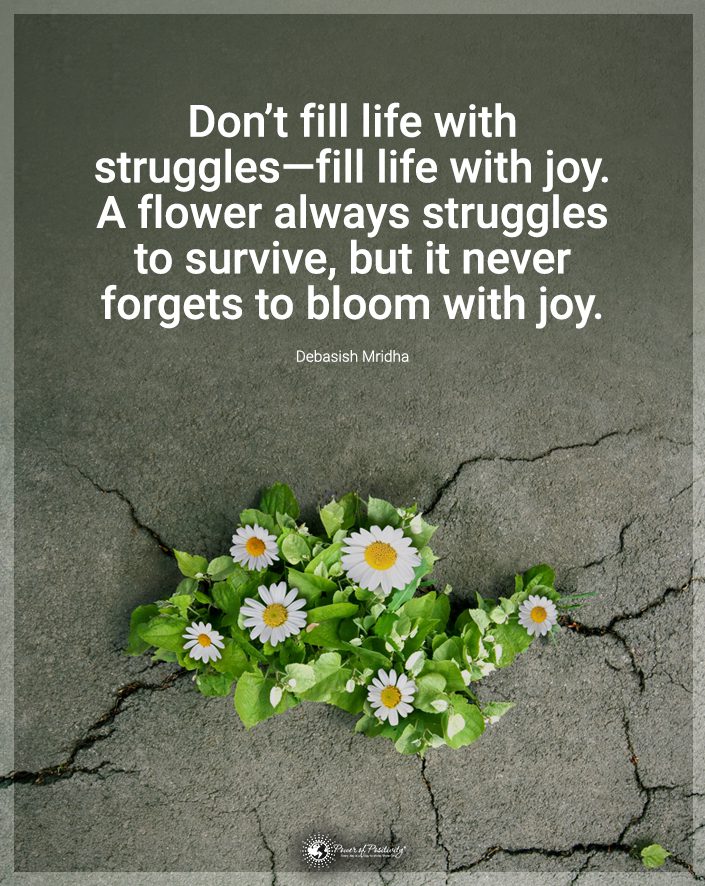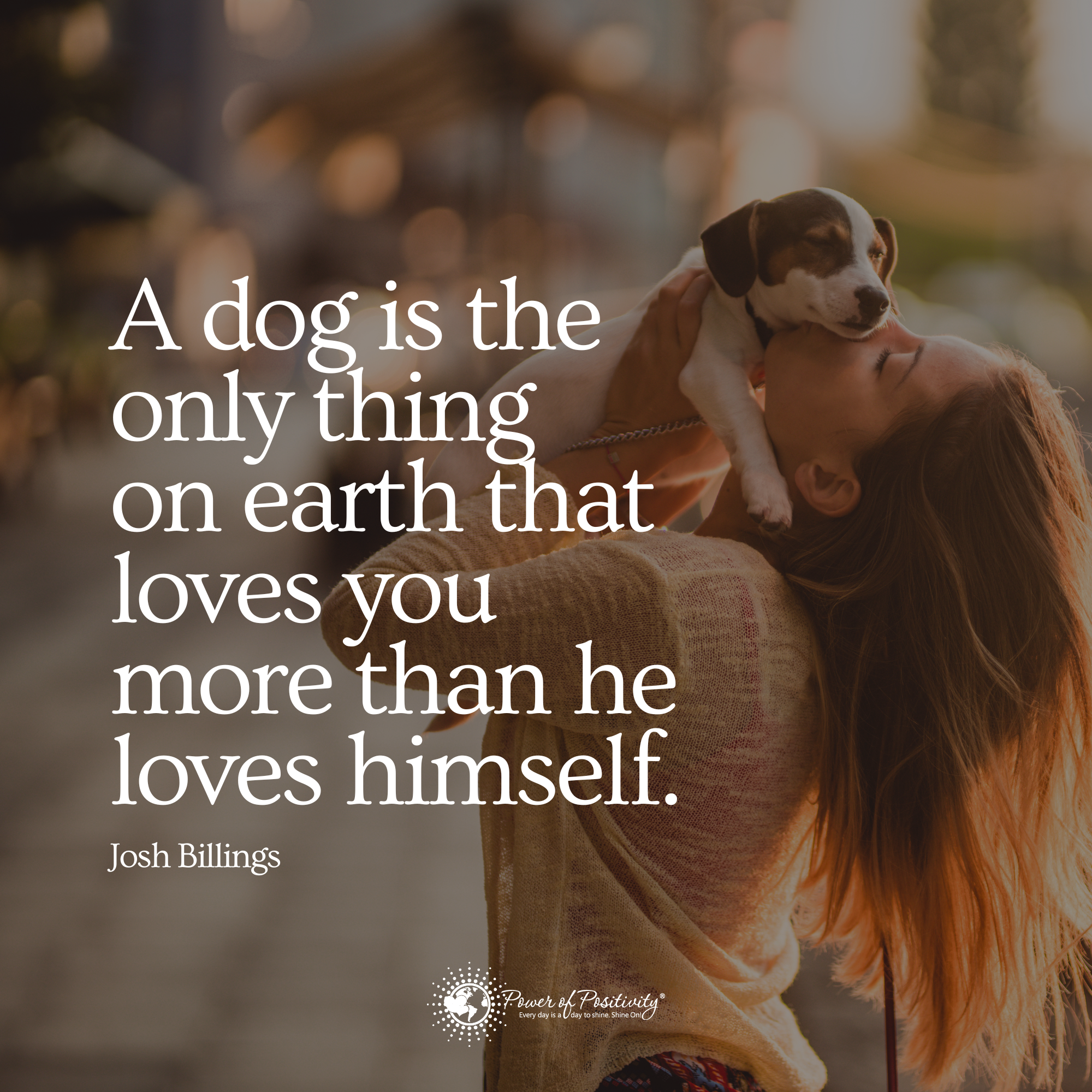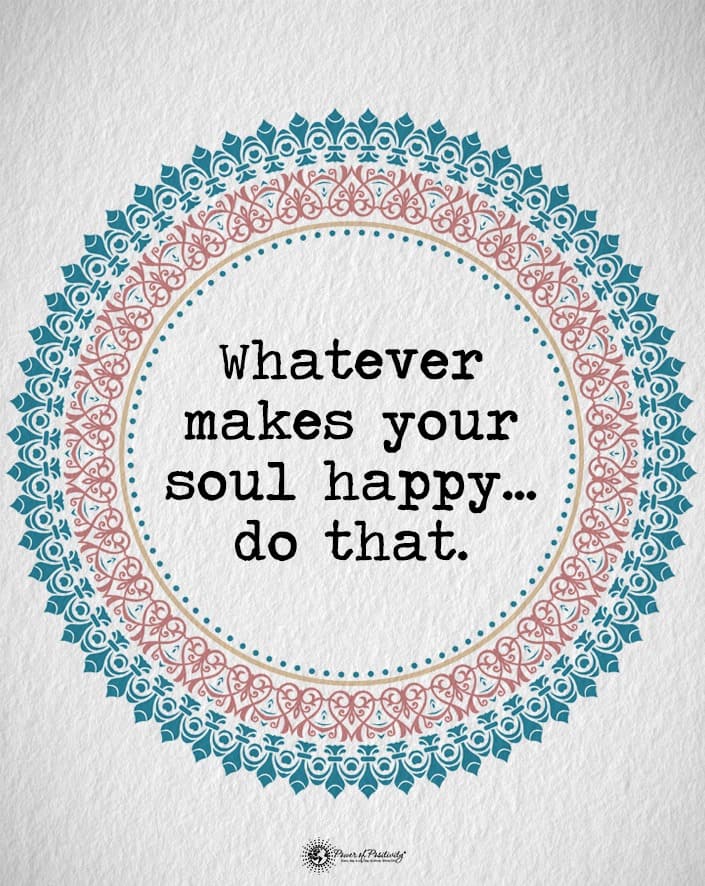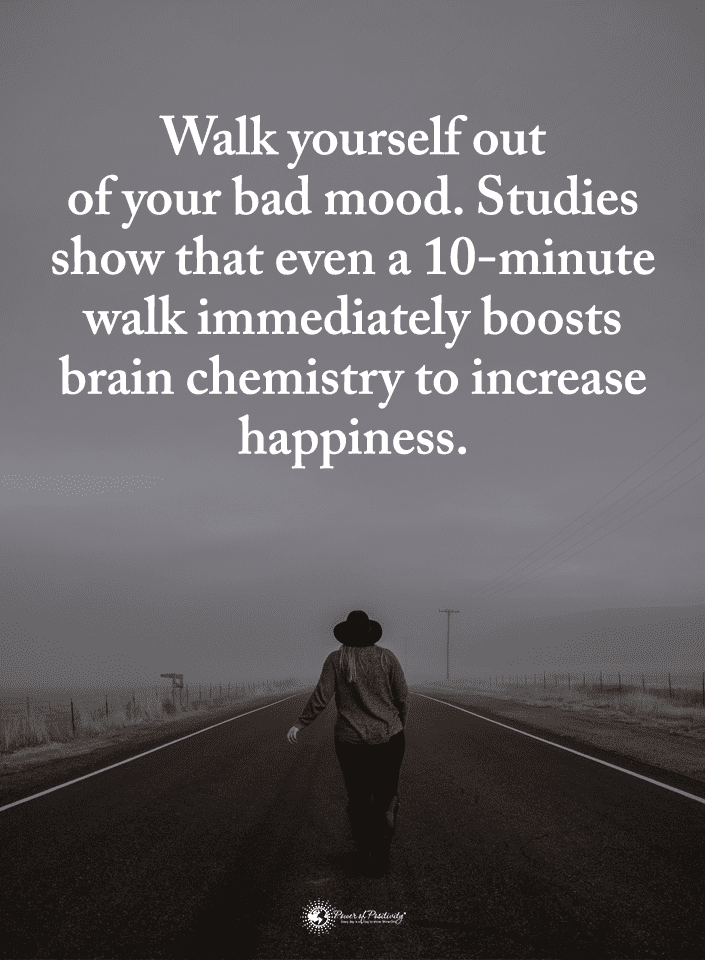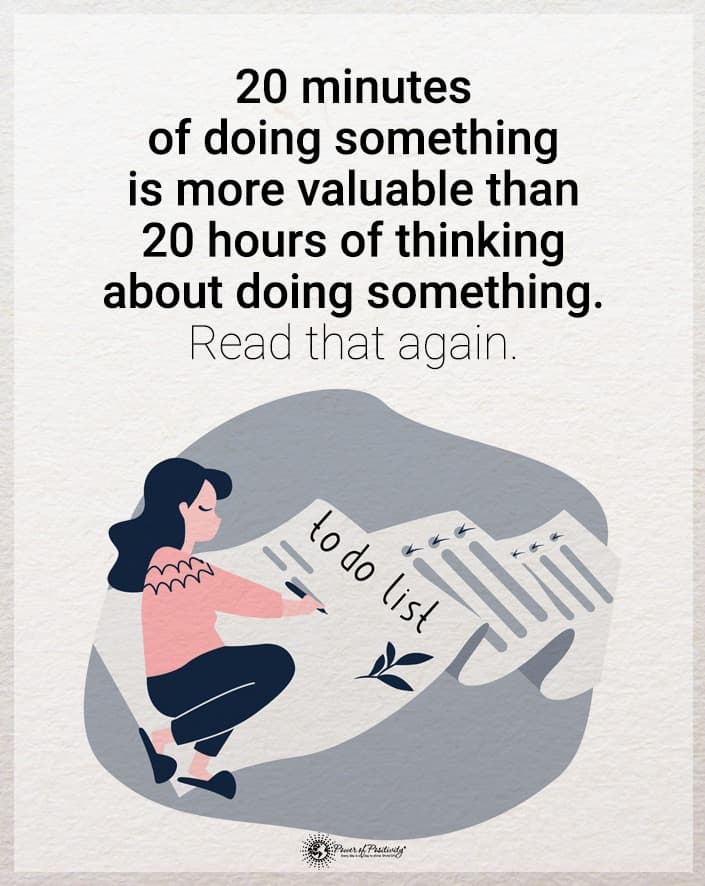Bravery is born into a person, but it doesn’t mean you can’t change your mindset and develop courage. Some brave people are just naturals, as their genetics and personality go against the currents in life. Do you see yourself as a courageous person or feel you’re lacking? Chances are that you have more bravery than you give yourself credit.
Lucille Ball was one of the greatest female comedians of all time. Yet, when asked about being funny, she retorted that she wasn’t a funny person but a brave one. That’s an ironic comment from someone who turned the television industry upside down with her humor. However, when you think about that statement, its depth is insightful.
Getting out there and showing your skills in a time when women were often in the background showed Ball’s spirit as a trailblazer. In fact, she fought the current by being the first lady on television to be pregnant. She and her then-husband Desi Arnaz built a production company and became the first to use three cameras and a live audience.
So, yes, Lucy was brave. Her fans never knew what strength and courage it took to do what she did, so while her statement was profound, it was something about her that people didn’t notice. What about you that people don’t know shows your courage?
Defining Bravery
What is the definition of a brave person? Webster’s Dictionary defines it as a person with mental or physical strength when faced with danger. This person proves to be courageous when confronted with insurmountable odds. However, being brave is not always something you feel inside; it’s about how you live.
When you face your fears and tackle life’s battles, how you face these obstacles counts. Brave people know how to be their authentic selves and don’t hide behind layers of insecurity and people-pleasing. It’s someone who lets go of their shame and feelings of being less than and lives their life according to their own rules.
Thirteen Signs of an Incredibly Brave Person
There are many misconceptions about bravery; some think it means you have no fears. Brave people have plenty of worries but face them head-on rather than running from them. Here are some signs that show you’re what it takes to be a courageous person, and these signs are things that many people overlook about bravery.
1. Bravery Embraces Vulnerability and Honesty
Someone courageous isn’t afraid to tell you the truth. They won’t sugarcoat things or beat around the bush, as they have enough strength within themselves to be vulnerable and honest.
If you ask them if your outfit looks good and they don’t like it, they won’t fill your ears with lies that make you feel better about yourself. You can always count on this person to level with you; you like that they’re transparent. People prefer a straight talker who doesn’t tell you what you want to hear.
2. A Brave Person Asks for Help
You would be sadly mistaken if you assume brave people don’t need to ask for help. These folks feel so confident within themselves that they have no qualms about asking someone else if they don’t know the answer to something. They don’t have a know-it-all attitude, so they gladly seek help from other folks.
3. Courageous People Never Settle for Less
One thing that defines brave folks from the rest is that they will never settle for less than what they deserve. These people know their worth and will never let someone make them feel they have no options. The courageous person uses this in their personal and professional life, as they have standards and won’t compromise.
4. Bravery Embraces Failure
No one wants to fail, as it does something to your self-esteem. However, the brave person has learned a lesson to be learned when they stumble and fall. Rather than focusing on everything they did wrong, they want to see what they can do differently to change the outcome the next time.
5. Brave People Don’t Need Validation
Bravery means you call the shots in your life, and you don’t need the validation of your parents or friends. If people don’t like who you are or your choices, you will not lose sleep over it. You are bold enough to know what’s best for you, and your courage will give you all the necessary validation.
6. Bravery Is Tenacious
The tenacious person is often persistent, stubborn, driven, and wants to get the job done. They set goals and are hyper-focused on them until they’ve been accomplished. It doesn’t mean they conquer them all quickly. But they won’t give up no matter how hard the journey is because they use courage to power them.
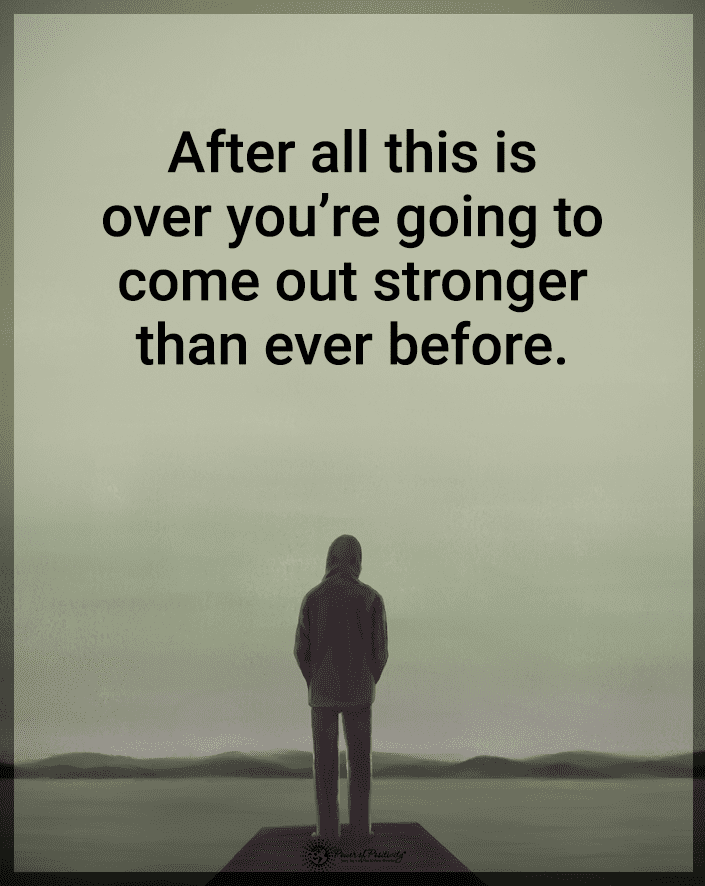
7. Courage Ventures Beyond the Safe Road
If you’ve ever gone on a road trip and used GPS, they will give you many options for your journey. It would help if you chose the best path for your needs. Most folks take the safe road or the one that will take fewer miles and time to get there, as they want to get to their destination as quickly as possible.
However, a person with courage doesn’t always take that safe path, as they like a little adventure in their life. They’re the kind of person who loves to get off the road well-traveled and see the backroads. Brave people know that some of the best experiences in life occur when you get off the overpopulated highways and explore the less traveled paths.
8. A Brave Person Knows That Opinions Matter
The brave person knows their voice has a right to be heard like anyone else. They are not afraid to stand up in a group and voice their concerns or ideas, even if it means that they might ruffle a few feathers. This person has no problem standing up for themselves or what’s right, regardless of what everyone else says or does.
9. Brave People Never Dwell on Fears
Everyone has doubts and fears, as it’s a normal part of life. However, the difference between bravery and cowardness is knowing that you can’t focus on your insecurities. Rather, these people know how to put self-doubt in its place and not dwell on it. Sure, they get scared and second-guess themselves, but they never let these fears stop them from their goal.
10. Courage Will Let Go of the Past
Letting go of the past isn’t an easy thing to do. Did you know that bipolar was once called manic depression, which was often diagnosed by people who couldn’t move on from their past? According to the Mayo Clinic, a person with this mental illness often displays inappropriate guilt and emotional instability.
While there’s undoubtedly much more to this condition than ruminating about the past, it shows that when you live in yesterday, it torments your mind. Bravery means that you leave the past in the past and you focus on your future. There’s absolutely nothing you can do to change what’s already been done, but you do have the power to change your tomorrow. Brave people dare to shut the door on their hurts, regrets, and failures and move on.
11. They Take Risks
Bravery means you don’t mind taking risks even when no one else is game. They believe enough in themselves to know they’ve tried their best even if they fail. These folks know that without significant risks, there will never be rewards, and they want to live life to the fullest.
12. They’re Not Intimidated by Others
The brave person isn’t intimidated by other people, regardless of how many titles they have or how much money is in the bank. They know their value is just as much as the person who appears to have it all. They also know that you can’t always judge a book by its cover, as many people are miserable and appear to be at the top.
13. They Surround Themselves with Other Brave People
Brave folks want to surround themselves with people of the same mindset. You won’t find them hanging out with folks who aren’t up for adventure and who are boring. They want to be with folks who inspire and don’t hinder them.
Final Thoughts on Taking Time to Notice These Traits of Brave People
It’s ironic the number of people who think bravery is someone who has no fears. Consequently, the person has plenty of worries but the courage to stand up and face each one. Despite all the times they’ve failed, they get up and keep going because they know the next time will be better.
You must learn that you can’t define yourself by your mistakes, but you push forward, crushing your goals one by one, and this is how you will learn to live a life of bravery.


